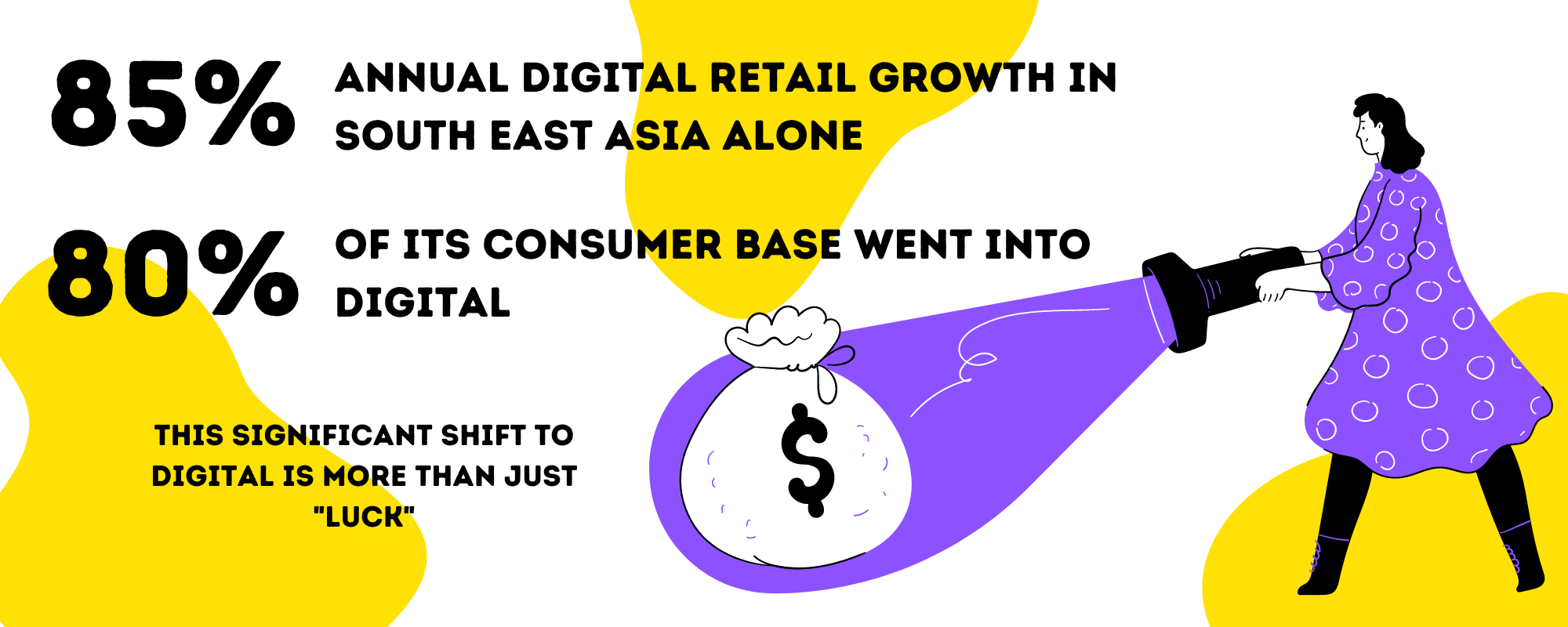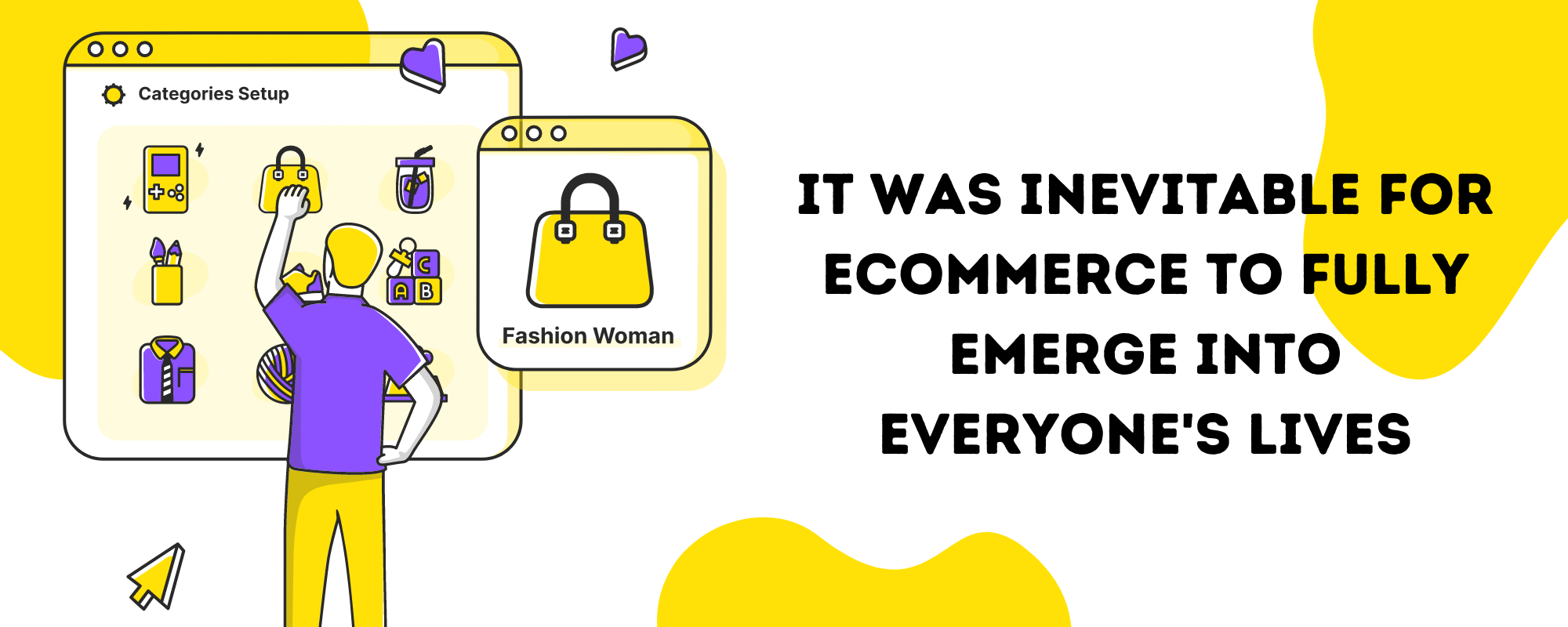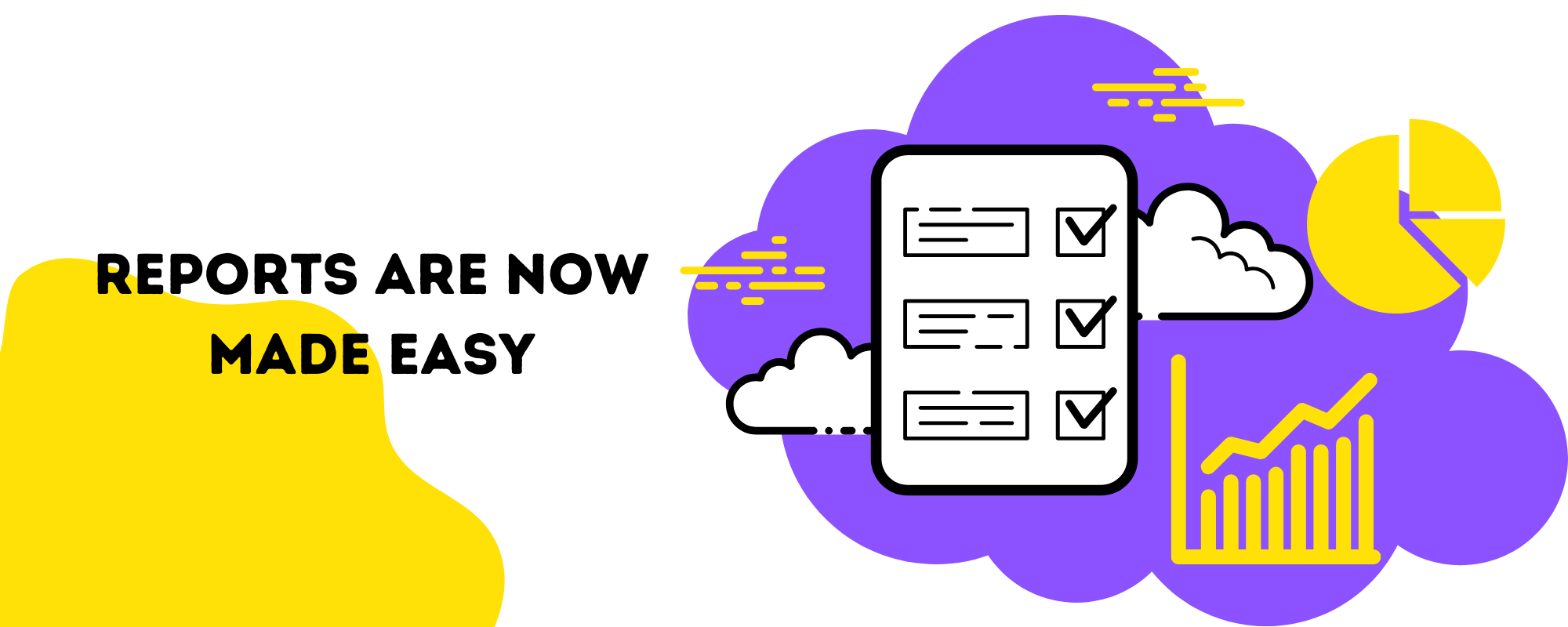
The Ecommerce Revolution – Has Shopping Changed Forever?
CATEGORIES
Tags
24/7 analytics australia automation Business Process Outsourcing company Copywriting CRM customer support data data and analytics Delegate digital digital advertising digital marketing Digital Support Staff ecommerce Email Management Email Marketing Entrepreneur Freelance Writers google ads graphic design Hiring Freelancers Marketing offshore offshoring ominchannel support organizer outsource Outsourcing Philippines Project management reporting seo seo audit Shopify Small Business social media Social media experts social media management United States video Virtual Assistant Virtual Team
Yes and no. Yes because online transactions have been the norm and “shopping” for things such as services, talent, and even investments has been moved online.
And no because there is not one point in which shopping, in general, has changed radically. It’s continuously evolving as it has always done. And this revolution was to be expected, even without the pandemic.
I can say that the pandemic didn’t just shove eCommerce into success, it also pointed it out to everybody, even ones who still prefer brick-and-mortar stores or physical marketplaces for products and services. We wouldn’t have noticed the industry was changing without the pandemic.
Did Ecom Find “Luck” Through the Pandemic?
The pandemic brought a perfect formula for eCommerce success. It’s a set of extremely well-favored circumstances:
- Some businesses managed to adapt to the WFH model so people still got money.
- Individuals went freelance or started businesses so they also got money.
- People can’t go to public places to spend their money but the demand is rising.
- Delivery services and logistics are already capable of handling the demand.
- And people are almost always online already.

So all of these things and more made people turn to Ecommerce: Hiring Options for End-to-End Ecommerce Support and it was explosive growth. In South East Asia alone, digital retail grew 85% every year and is on track to have 80% of its consumer base go digital.
But it somehow feels cheap to call it just “lucky” if it just means random coincidences. It doesn’t give the industry due credit. Sure, the factors that I mentioned earlier might seem just a cascading effect of a random event.
But even though it happened seemingly by chance, it doesn’t mean that the eCom industry just sat there waiting for something cataclysmic to happen and change everything.
One of the reasons that my answer is “No” to the question “Has Shopping Changed Forever” is because it implies that there is just one reason for the change and that eCommerce was somehow just a passive actor of the change.
My preferable definition of luck is opportunity meets preparation. And to say that the eCommerce industry was prepared is an understatement. It was preparing for this moment all its life.
The Pandemic Was The Perfect Catalyst But…
Ecommerce is also the perfect candidate to handle all the pent-up consumerism demand. I can even argue that eCom was the only viable industry to benefit from this continental shift of customers.
But what makes eCommerce different from other industries and what makes it the only one capable of handling this explosion of demand? Scalability through preparedness and agility.
The Ecommerce Industry was Well-Prepared

As I have said earlier, eCommerce has been preparing for this moment since 2015, the founding of Amazon. People know that eventually, more and more people will be digital. It’s the logical progression. Digital is no longer the future. It’s the present.
And the reason why the transition of online shopping from just an option to the most common way to purchase is almost seamless is that the eCommerce industry is well-prepared. But how can we say that it was well-prepared?
Fast Data Processing
First, it’s data-driven. The first step in any preparation is gathering information and eCommerce already has a wealth of data. It’s even built on information and information-gathering.
Virtually all of the components of eCommerce are data. That means almost everything is recordable and measurable. And you can get reports anytime
We can see everything that can affect a business, tweak any part or process anytime, immediately see the results, and measure or compare to other strategies.
It’s the speed at which these reports can be made that gives eCommerce an advantage over traditional brick-and-mortar stores.
In a highly competitive industry, making fast decisions is what counts in the end. Not every decision that is made in haste is the right one. But a wrong decision is better than a no-decision. Data helps so much in decision-making for eCommerce.
Easy Report Generation

The capability to do reports requires specialists that can cost a bit of investment. For startup online stores, that is a big hurdle that most cannot afford.
But eCommerce already has report generation and strategy-making capabilities. That means even a single individual or a very small team can operate and measure the success of their eCommerce business even out of the box.
That significantly lowers the barrier to entry, removes a bit of investment burden, and removes a whole degree of complexity.
Agility

I used the term “Agility” instead of Adaptability or Flexibility because it has a connotation of speed. Yes, most industries can be flexible and adapt in situations like this but the reaction time can spell life or death for businesses in events like a pandemic.
And the reason why it can react and adapt fast is one of the best aspects of digital. Data is malleable and portable. And if your business processes are already based on data, those processes are also malleable and portable.
Another advantage of being digital is the capability of working remotely. Ecommerce businesses, agencies, and all other entities in the system already had a teleworking system in place even before the pandemic. So there wasn’t much disruption when the offices closed down.
Nothing can catch you off-guard if you are well-prepared. However, when you experience something that you haven’t prepared for, then you can be quick on your feet and adapt.
Education, Experience, and Authority

That also means that anyone who started an eCommerce business has been learning and experiencing so many skills and talents that previously would require an MBA, a college degree, or a bunch of seminars.
When there is a wealth of information at your fingertips, there is nothing more that you can do but learn as most startups and entrepreneurs do. Experience is the best teacher and there is no better education on commerce, investments, marketing, human resources, and even psychology than just running your own online store.
And that is just on the startup level. The most successful eCommerce entities are the ones at the forefront of innovation and setting standards of the industry such as Amazon or Shopify. They have the platforms, the success, and the authority to change the status quo in eCommerce, and those changes can eventually trickle down to other industries.
They were the earliest adopters of eCommerce so they saw how the market grew, adjusted to it, and can now predict or even demand what is going to be in the future of the industry.
This is why the people considered thought leaders, experts, or just influential people, are mostly either in the tech industry in general or are involved in eCommerce.
Even though eCommerce is quite technical, it’s very easy to start and very easy to learn. Aside from just starting your own online business and acquiring knowledge through experience, there are so many resources such as articles, blog posts, podcasts, videos, and so much more about Ecommerce.
Scalability

What is shapeless is flexible and the virtual world is arguably the most flexible space in the world. Scalability includes downsizing which can be crucial at times of crisis like the pandemic.
Ecommerce stores and platforms can serve small, niche audiences or a mainstream audience of millions. And it was already growing and shrinking all over the years without breaking so we can definitely say that it is scalable.
Specialization and Customization

The most flexible is also the most accommodating and the most custom option. In times when demand for custom solutions is at its peak with almost anyone (customer or store owner) wanting a unique experience, Ecommerce is more than capable of delivering.
Online stores can be customized and tailor-fit to what a business needs. Customer experiences can also be unique for each type of customer persona. Every touch point can be unique to any individual. The possibilities are endless.
And with all these traits, we can definitely say that whatever the circumstances may bring, Ecommerce is already well-equipped to face any challenge head-on.
Outsource and Adapt

Let me just say that knowing what made Ecommerce successful through the pandemic is just one thing in this equation. For this to be productive, we need to think about the lessons we learned and apply them to our own businesses. All businesses, no matter what industry.
As I said earlier, digital is not the future anymore. It’s NOW. All businesses should at least put plans to make their processes digital or consider operating solely digitally or even just having a digital presence through having a website or through social media.
And the best way to accomplish all these things is to not do it yourself but to let others do it for you. People who can be more capable or more experienced. People you can access through outsourcing.
Ask for Hassle-Free Help

Asking for help is the least effort we can do to keep our business afloat, but it has the most impact and the greatest results.
And with outsourcing, the pain of hiring, vetting, training, and maintaining morale is out of your hands. You’ll get access to the individual’s work and talents easily without the hassle of the hiring process and the upkeep of maintaining an employee.
And for contracts, if you just want help with specific tasks, strategies, or processes in the short term, outsourcing is your best bet. Get the services you need without the baggage that you usually have to deal with if you hire in-house.
Transition to Digital Painlessly
The best way for businesses to transition to or start in Ecommerce is through outsourcing.
You can get help and continue your day-to-day processes by transferring it through virtual assistants while web developers work with you to develop your online store. You can also have consultants look at your business and see which points can be improved upon.
Freelancers and agencies also have already worked with multiple industries and multiple specialties. Outsourcing can definitely have workarounds or even better processes to help your business be as optimized as possible.
Work with People Interested in your Growth

Working with outsourced partners cares more about the success of the partnership and the success of your business. It’s their portfolio after all.
Agencies and freelancers thrive on reviews, recommendations, and word-of-mouth so they will definitely do their best for your success as it reflects on their performance. Sometimes, they can be more invested in your growth as it synergizes with their success in the industry as well.
Some agencies even do a performance-based model in which they will not accept payment unless there is measurable growth in your business. That’s how confident and talented the outsourcing industry is.
And it’s at these times of crisis that we realize that human talent is the real resource that’s most valuable to all industries. And with outsourcing, it’s easy and convenient to get those talents ready to improve your business, especially if you want to transition to digital and eCommerce.
Be a Digital Immigrant, not a Refugee

Everything that we know has changed forever. And you should think about adapting to that change sooner than later.
The pandemic is the greatest disruptor we’ve had in decades and its greatest lesson is this: You have to learn and adapt fast for you to survive. I have faith that we will overcome this historical event. Humanity always manages to emerge victorious in the face of overwhelming adversity.
We will all be in the history books once we progress from this pandemic. But our decisions and actions determine on which page we will be on, the features or the obituary?
As the saying goes, the rising tide lifts all boats. And the truth is you have to have at least an online presence for your business to be afloat.
The tide is already here and if you’re not online yet, you will be swallowed by the waves. And even if you are already online, if you don’t have a crew to paddle you through, you’ll just get stuck along with the other boats.

